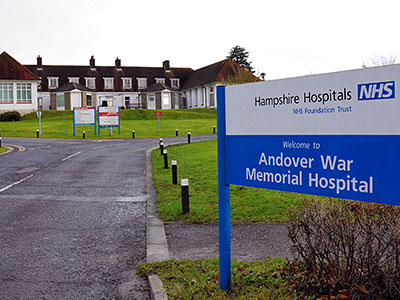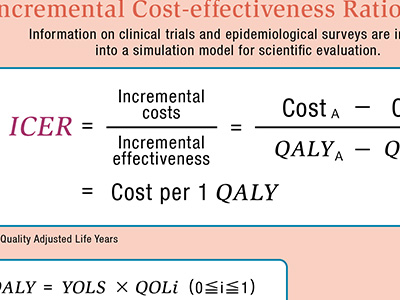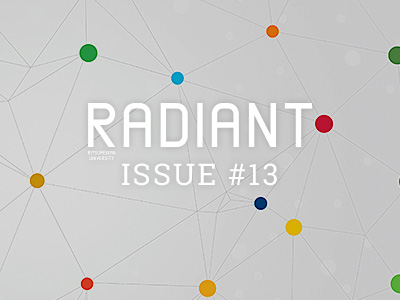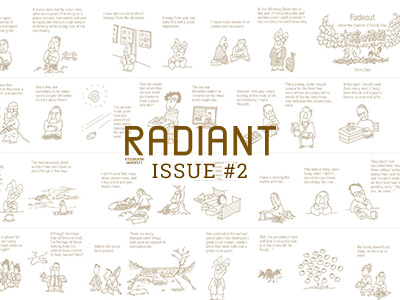STORY #5
The Voice of the Citizens
Helping to Facilitate
Medical Services in Japan
Megumi Kojima
Associate Professor, College of Business Administration
“Patients, volunteers, and teens participate in hospital management in the UK”
It has been several years since Japan has been known as the nation with the highest rate of population aging in the world. However, as Megumi Kojima, Associate Professor in Management, explains, “Japan’s medical services in its current state, may not be able to accommodate the entire country as the world’s number one aging society.” In 2025, about eight million people from the baby-boomer generation will be 75 years or older. With further increases in Japan’s elderly population anticipated, an integrated community care system has recently been emphasized as a mechanism to support the welfare of the elderly. Such a system would allow the elderly who require higher levels of Long-term Care to live within a familiar community through collaboration between community-based medical and welfare organizations and the government to provide housing, medical services, preventive and emergency care, and living support in an integrated environment.
For multiple organizations to work together in an effective manner, a highly transparent management and collaboration of information are of utmost importance. “However, in Japan, neither the public sector nor nonprofit organizations sufficiently disclose their management details and structure, so transparency in terms of actual management is not very likely,” says Megumi. In order to provide us with an idea on the management of medical and welfare organizations necessary to promote an integrated community care moving forward, she cites the U.K. as a prime example.
In the midst of an economic slump in the 1980s, the U.K. adopted the concept of introducing the management methods employed in private companies into the public sector and local communities.This enabled such organizations to move away from a bureaucratic management system and implement a more flexible management approach while maintaining transparency. This method, called New Public Management (NPM), greatly helped to improve efficiency in the management of medical institutes and improved the quality and service of healthcare within limited budget constraints. In Japan, NPM began its implementation from the 1990s onwards, but the number of academic research projects clarifying the results in a visible manner has been severely limited. Primarily because of this, Megumi’s focuses her research on examining the governance and management of hospitals, nonprofit organizations and the public sector in Japan and the U.K. from the viewpoint of management.
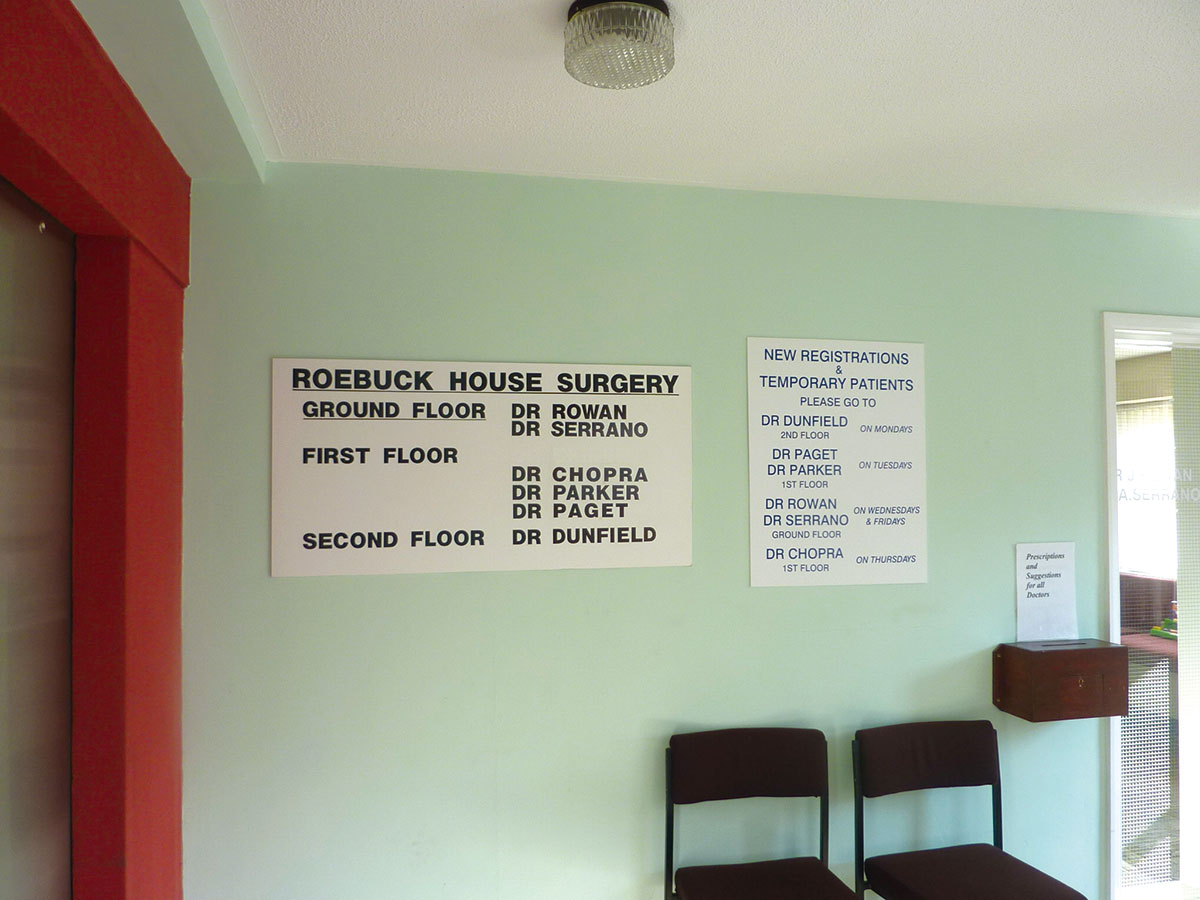

Hampshire Hospitals NHS Foundation Trust: A large NHS hospital located in the suburbs of London. The CEO, Ms. Mary Edwards, has contributed to community medicine for many years. This has resulted in the creation of an effective system to reflect the opinions of residents on management.
The feature of hospital management in the U.K. which Megumi focuses her attention on is the participation of community residents in upper-level management. Another important aspect of management reform like NPM is participation from patients and general citizens. Public hospitals in the U.K. (trusts) organize their board of directors, with the majority of directors selected from former patients and community residents. Every stakeholder—including former local legislators, volunteer organization members, experts, and the youth — can become a member. Having a diverse range of stakeholders participating in the management decision process does not only bring greater management transparency and satisfied stakeholders; it also improves the hospital’s performance. “For example, it turned out that in addition to important performance indicators such as reductions in the average length of hospitalization and mortality rates, NPM also brought improved patient satisfaction.”
Similar to the U.K., promoting integrated community care and improving the quality of care and medicine necessitates a mechanism to receive feedback from residents as the recipients of such services. In reality though, in Japan, most of those involved in such organizations comprise members of medicine and care management agencies, and it is hard to say whether a mechanism to enable the local community to participate has been properly organized.

Under such circumstances, Megumi launched an advanced initiative to allow member of the community to participate in hospital management. Working with a local hospital, she has spearheaded a project seen in Japan for the first time to incorporate the opinions of residents into the hospital management based on a five-year plan that runs through to 2020.
As a first step mainly involving students from Ritsumeikan University, a survey for residents was conducted at a shopping mall in the city of Sanda in July 2016 to collect information on the physical and mental health conditions of the residents and their needs pertaining to hospitals. Noting that a detailed report will depend on the analysis of its results, Megumi explained the achievement as follows:
“What we can infer for certain from this survey is that in reality, while both patients and their families have a number of requests that they would like to make to hospitals and doctors, they actually hesitate to express them to the right channels where steps can be taken to accommodate them. At the same time, it turns out that there really exists a wider range of needs from hospitals than we had anticipated.”
Moving forward, Megumi analyzes the survey results and is considering mechanisms to reflect them in hospital management. She voices her expectations by saying that “many of those in hospitals still have a sense of resistance against outsiders such as us intervening in the management. There are many obstacles to clear, but this will probably become an interesting first attempt.”
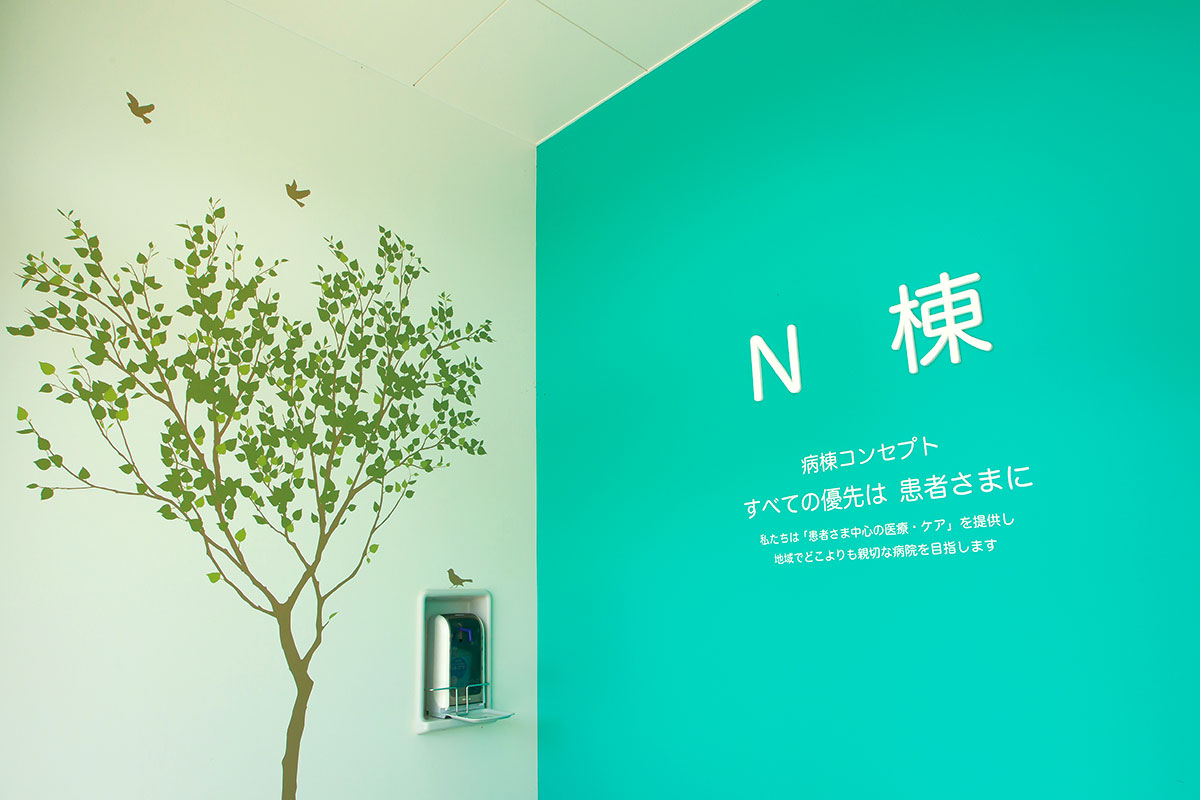

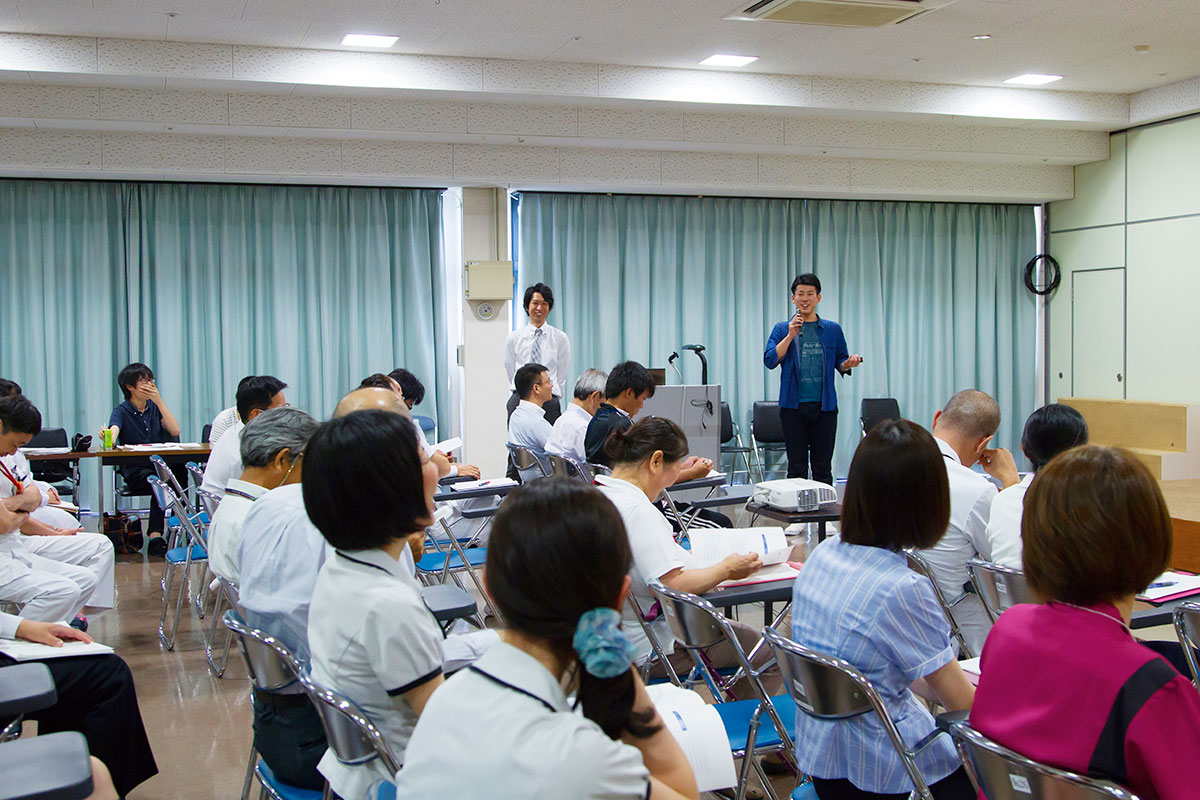
Following an analysis of a survey conducted at a local shopping mall, a presentation was given to staff at a local hospital to make an initiative to incorporate the opinions of residents into hospital management.
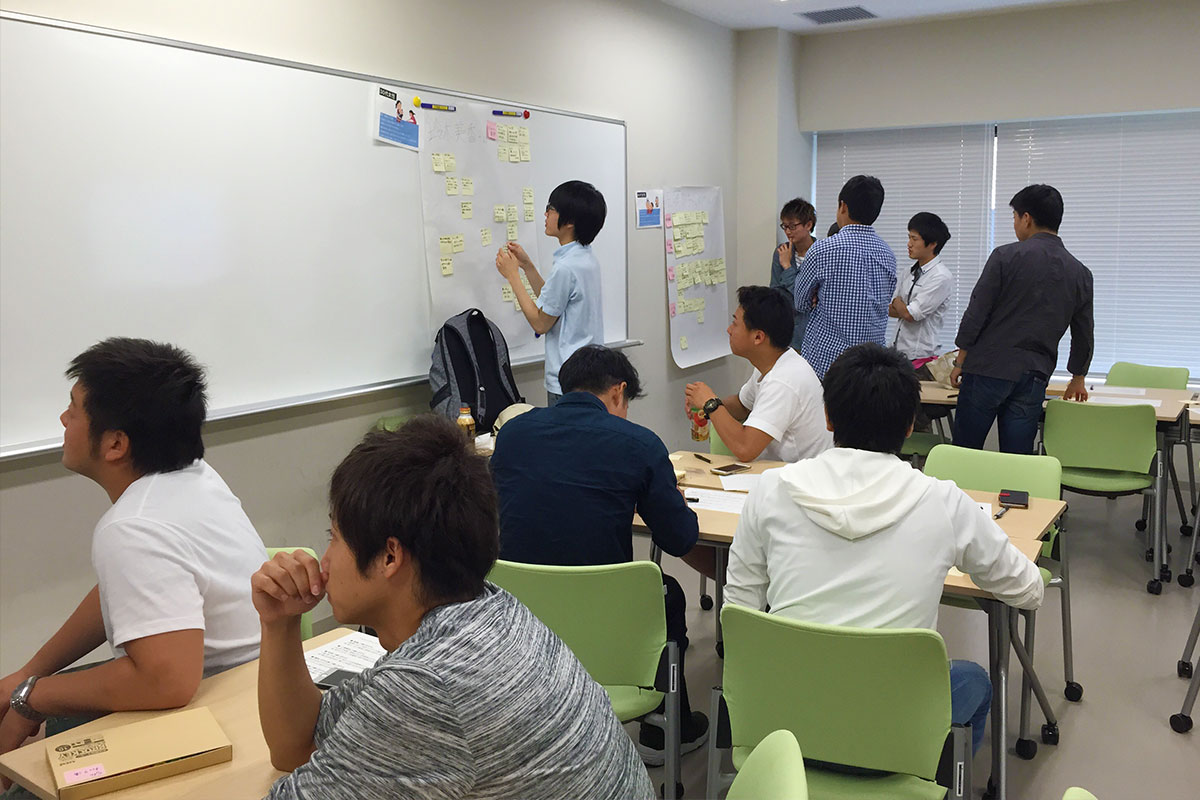
Megumi Kojima
Associate Professor, College of Business Administration
Subject of Research: Analysis on introduction of quasi markets under the Blair administration, effects of governance reforms and evaluating systems on Japanese public management, management in healthcare and welfare field
Research Keywords: Management
Photograph: Seminar members who participated in the project with Arimakougen Hospital (Kojima is second from the left)





